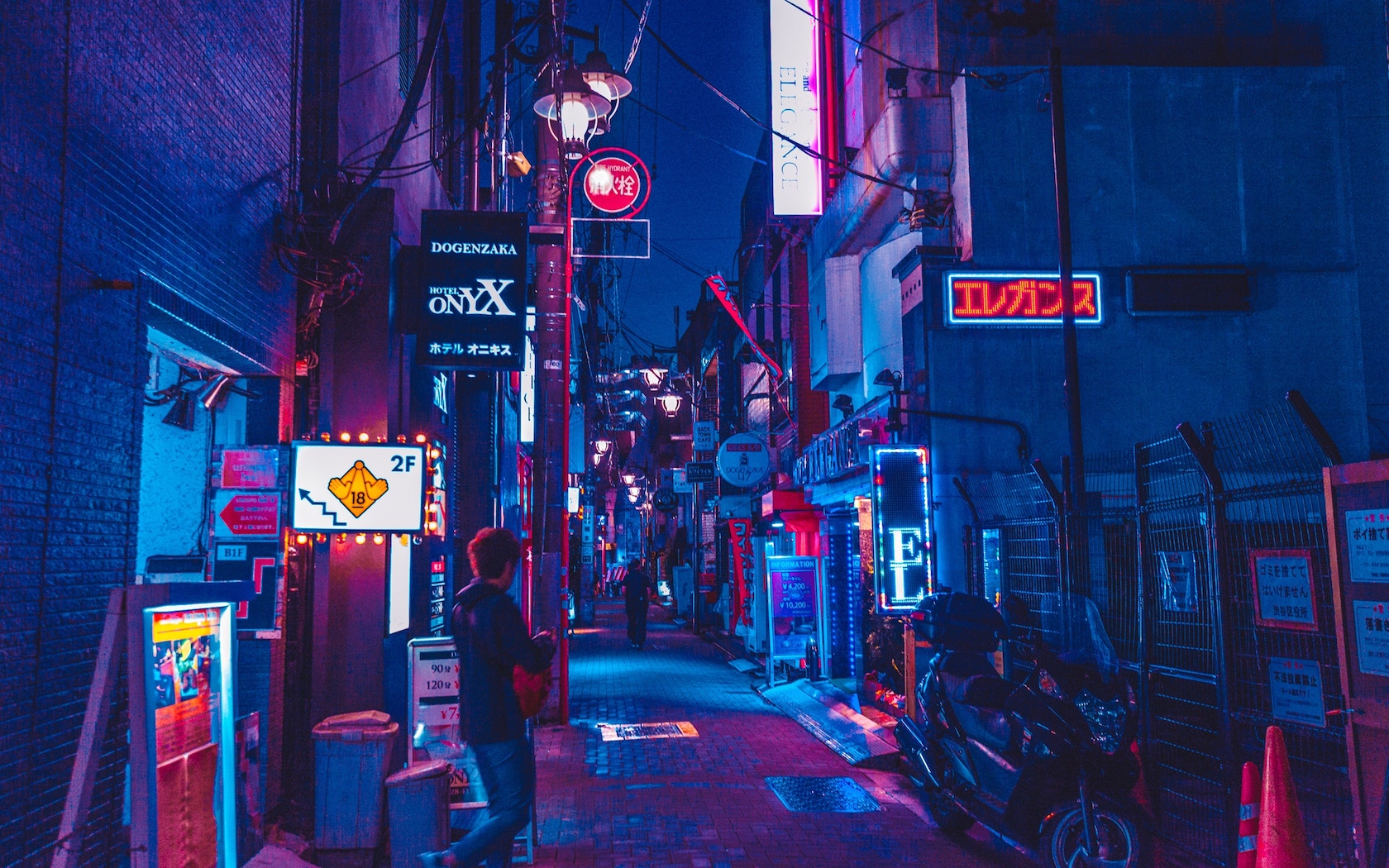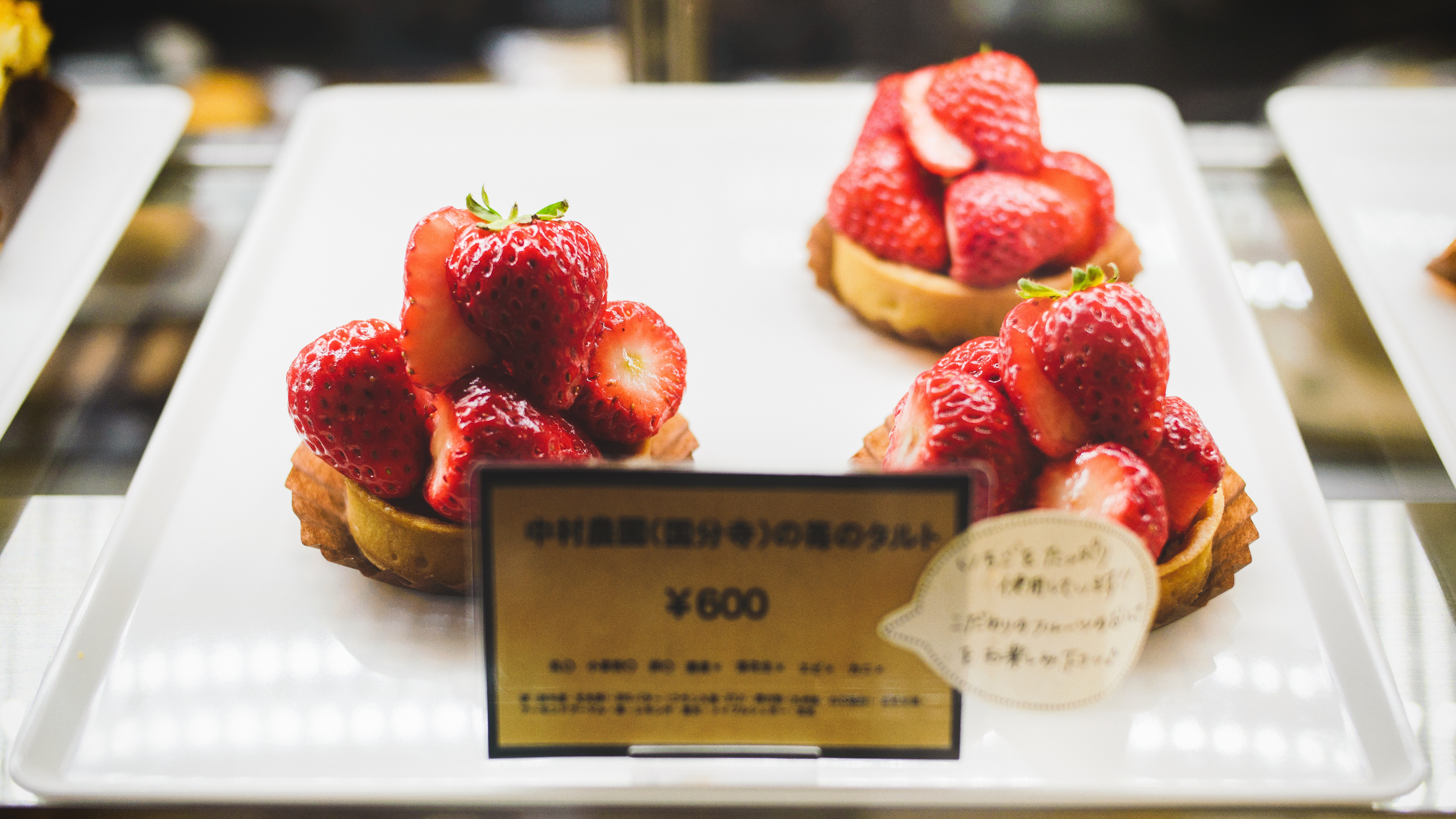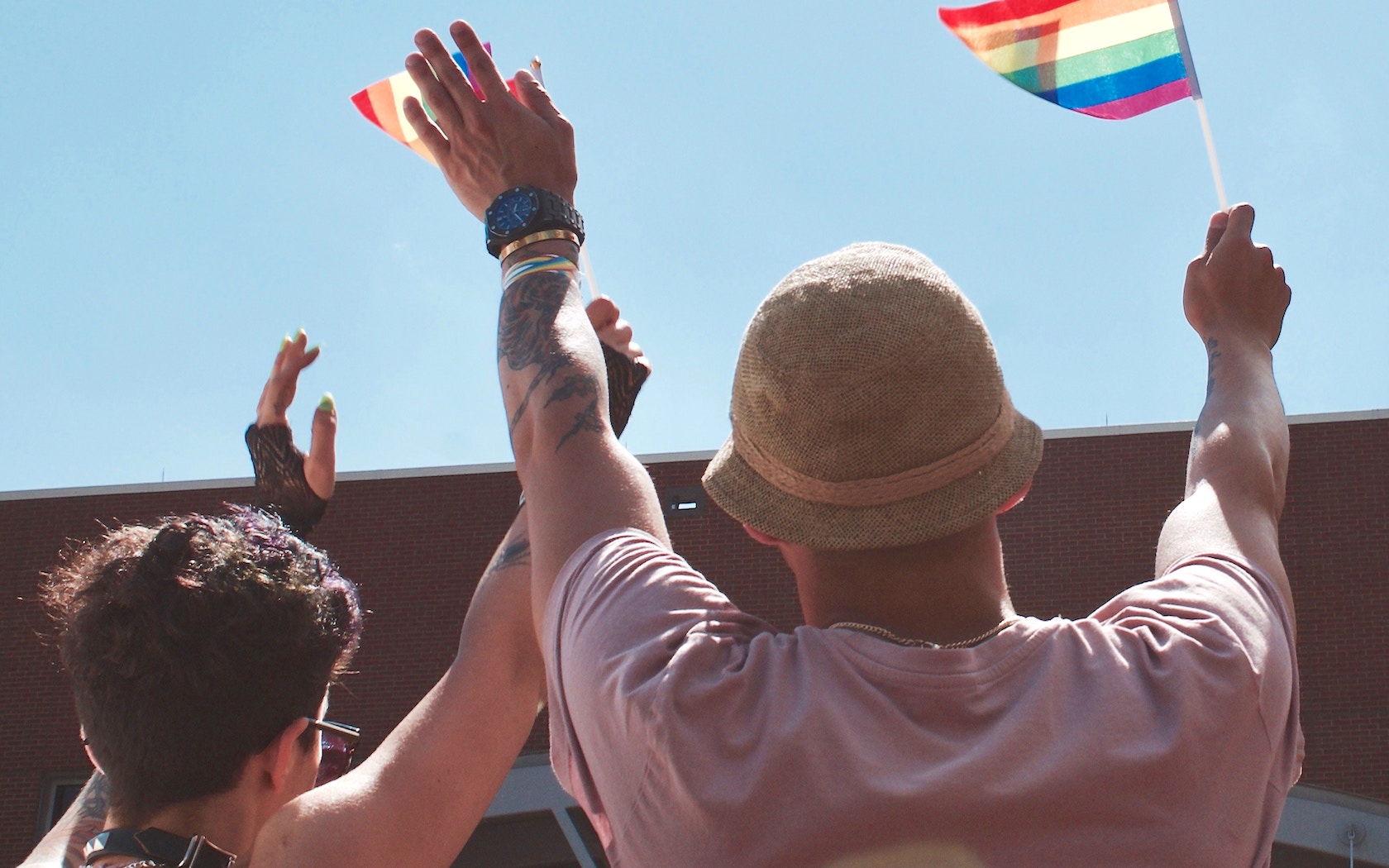A Crash Course In All Of Tokyo’s Oddly Specific Etiquette

When visiting a foreign country, landscapes and language aren’t the only thing that are a complete 180 from what you’re used to at home. So many places have a bunch of strict rules and guidelines, which – if you’re not in the know – can lead to some pretty embarrassing times ahead.
So to save the embarrassment and ensure you don’t unintentionally disrespect anyone, we’re going to give you a crash course in etiquette: Tokyo style.
[related_articles]59341,57055,39250[/related_articles]
Blowing your nose
Got a bad case of the sniffles? Get yourself to a bathroom, stat! In Japan, blowing your nose in public is not only seen as rude, but straight up disgusting and gross.
Locals will save it until they find somewhere private. But, if it’s a sneeze-mergency, it’s recommended that you do it as discreetly as possible. Oh, and the Japanese are repulsed by the idea of a handkerchief, so keep that in mind.
Tipping etiquette
Overall, tipping isn’t really customary in Japan, and depending who you ask, and what part of the country you’re staying in, tipping may or may not be an acceptable practice – or may even be considered rude.
The general rule is, if you do decide to top and your tip is refused, don’t be offended. If you insist on leaving a tip, check with a concierge or receptionist to see if this is acceptable.
Basically, tipping isn’t necessary or expected unless stated otherwise. If your service was exceptional, or you’re feeling generous, by all means leave a tip! But also be wary it very well may be refused.

Slurp to your heart’s content
While this might get you a few side-eyes here at home, slurping is considered polite in Japan, because it shows you’re loving your food. In fact, if you don’t eat loudly enough it can be misconstrued as you not enjoying your meal.
There’s a little more to it than just a performative effort to let people know you’re having a good time though, it also helps to avoid a burnt tongue. Soups and noodles are usually served super hot, so slurping helps cool down the food.
Cover your tattoos before heading to the onsen
The Japanese have been kicking back and relaxing in onsen since about the eighth century. Some are indoors, some are outdoors, some charge entry and others are free.
Whichever the case, they come with some pretty strict rules and etiquette to follow, like going in stark naked, showering prior and keeping chats to a minimum. But the most interesting rules involve tattoos.
If you’re tatted up and don’t cover up, you may be denied entry at an onsen. In Japan, tattoos are traditionally associated with members of the Yakuza, an infamous gang known for facilitating organised crime.
While most places will forbid anyone with visible ink, there are ways of covering up. You can purchase temporary tattoo covers from most pharmacies or at the onsen itself. It’s best to come prepared though.
You’ll be expected to change your shoes a bunch of times
When visiting at a Japanese home, temple, traditional restaurant and some galleries and museums, it’s customary to change into slippers. Basically, any time you come across a row of slippers in Japan, you should just slip them on your feet.
There are even special toilet slippers kept inside the bathroom. Meaning you’ll take off your house slippers and change into your toilet slippers. Wild.
Look, these customs may seem weird or wacky to you, but to the Japanese it’s their way of life. The most important thing when travelling is to respect the land of those you’re visiting. So it’s best to brush up on your etiquette so you don’t make an ass of yourself, or disrespect anyone.
(Lead image: Benjamin Hung / Unsplash)








